Electroconvulsive therapy (ECT) is one of several treatment options for patients suffering from depression. It is generally used when other treatment modalities fail to provide with desirable results and do not succeed to relieve depression. This treatment is always performed on hospitalized patients, is rather expensive and can be only done by a well-experienced professional.
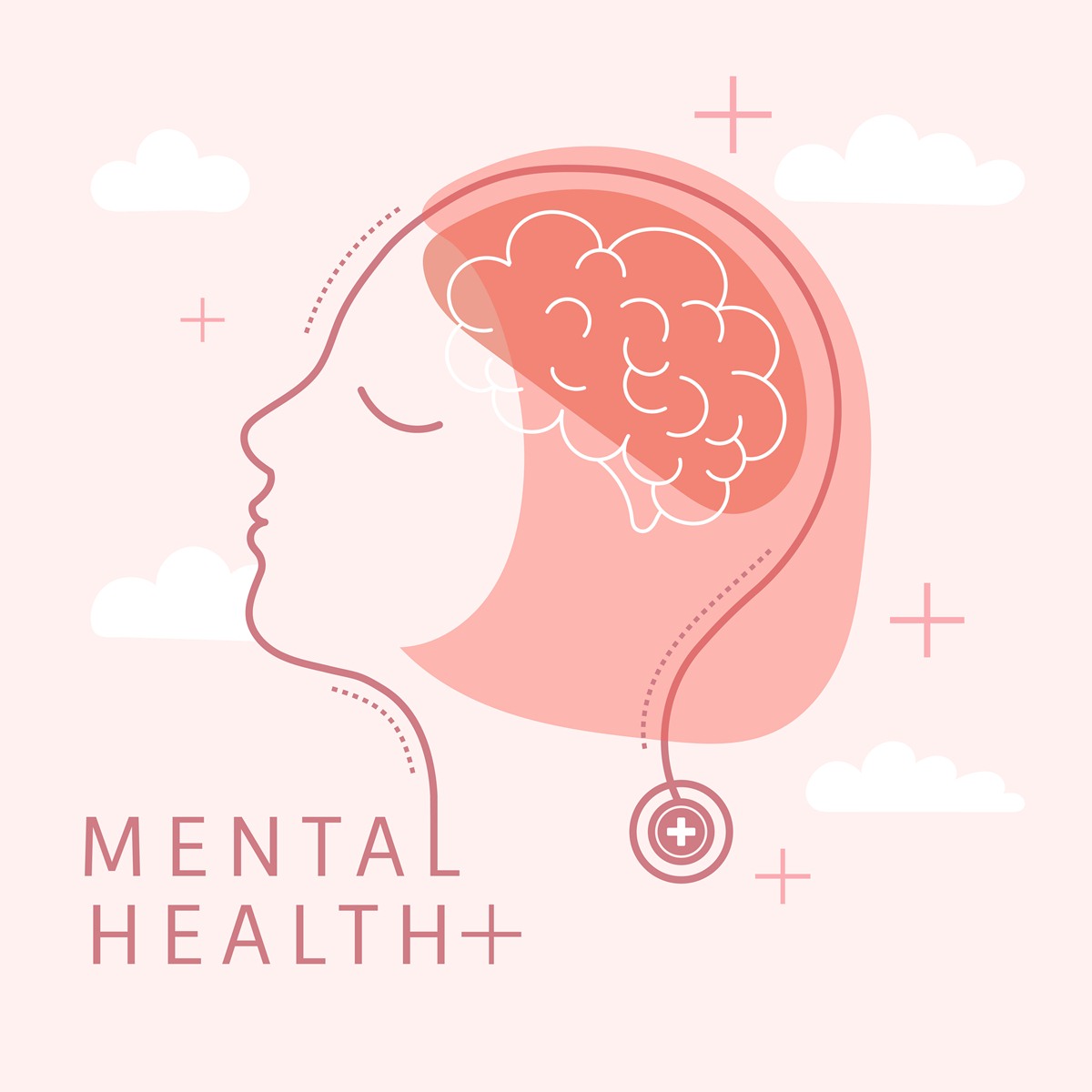
More about Electroconvulsive Therapy
Electroconvulsive therapy includes application of medically controlled seizures which occur due to release of electrical current between two electrodes. These electrodes are placed on the patient's scalp. The very term 'medically controlled seizures' refers to a variety of different modifications essential for proper treatment. The procedure is performed under anesthesia and all patients additionally receive muscle relaxants which prevent hard muscle contractions.
Muscle contractions occur as a consequence of artificially induced epileptic seizures. Patients require an oxygen mask during the entire treatment. After the procedure patients are kept in the recovery room and may feel a bit confused. This sensation soon withdraws. Electroconvulsive therapy includes a series of 8-12 sessions and they are performed three times per week. After the treatment patients continue taking antidepressants.
Electroconvulsive Therapy - Risks and Side Effects
This is a rather save procedure and can be even performed in pregnant women, elderly patients as well as people suffering from other medical conditions. But, it may be contraindicated in people who have recently had a heart attack or those suffering from heart failure, unstable angina, respiratory failure, have history of blood clots and similar. Side effects of such treatment are generally mild and include headache and nausea.
The most prominent effect of electroconvulsive therapy in the one on memory. The person cannot recall the events that have occurred immediately before the treatment and during the very therapy but can recall all the previous memory stored long-before ECT.
Many people wonder whether ECT can cause serious brain damage. Data which have been collected regarding this issue have not confirmed any negative effect or damage to the brain.
Effectiveness of Electroconvulsive Therapy
It is estimated that around 80% of all patients suffering from depression who have been treated with ECT actually show signs of improvement. Recovery becomes evident a few weeks after the treatment even though certain number of patients may require prolonged treatment with antidepressants.
Apart from being used in patients suffering from depression this treatment modality is also highly effective in other medical conditions such as schizophrenia, catatonia and severe mania. This is also a last-resort treatment for patients suffering from treatment-resistant obsessive compulsive disorder, Parkinson's disease, epilepsy and Tourette syndrome.



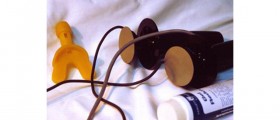


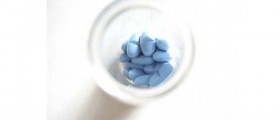






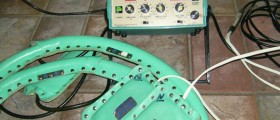
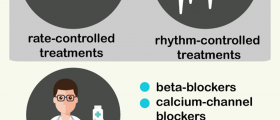

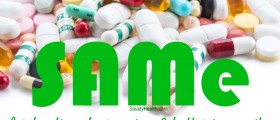
Your thoughts on this
Loading...